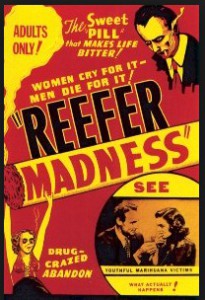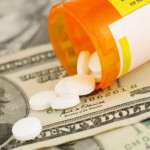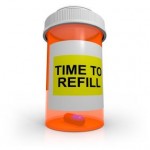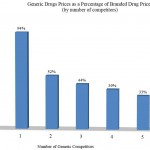The Opioid Crisis Obeys the Law of Unintended Consequences
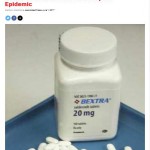 A letter to the editor of the New England Journal of Medicine back in 1980 is thought to have been the nudge that set the opioid crisis in motion. The letter claimed only four addictions were documented out of nearly 40,000 patients who were prescribed powerful opioid pain pills. The article arguing addiction to prescription opioids is rare has been cited 600 times — often incorrectly. Doctors and drug makers used this as evidence that it was safe to prescribed opioids to more patients with chronic pain.
A letter to the editor of the New England Journal of Medicine back in 1980 is thought to have been the nudge that set the opioid crisis in motion. The letter claimed only four addictions were documented out of nearly 40,000 patients who were prescribed powerful opioid pain pills. The article arguing addiction to prescription opioids is rare has been cited 600 times — often incorrectly. Doctors and drug makers used this as evidence that it was safe to prescribed opioids to more patients with chronic pain.
